Book review
Book review: The Book of Magic edited by Brian Copenhaver
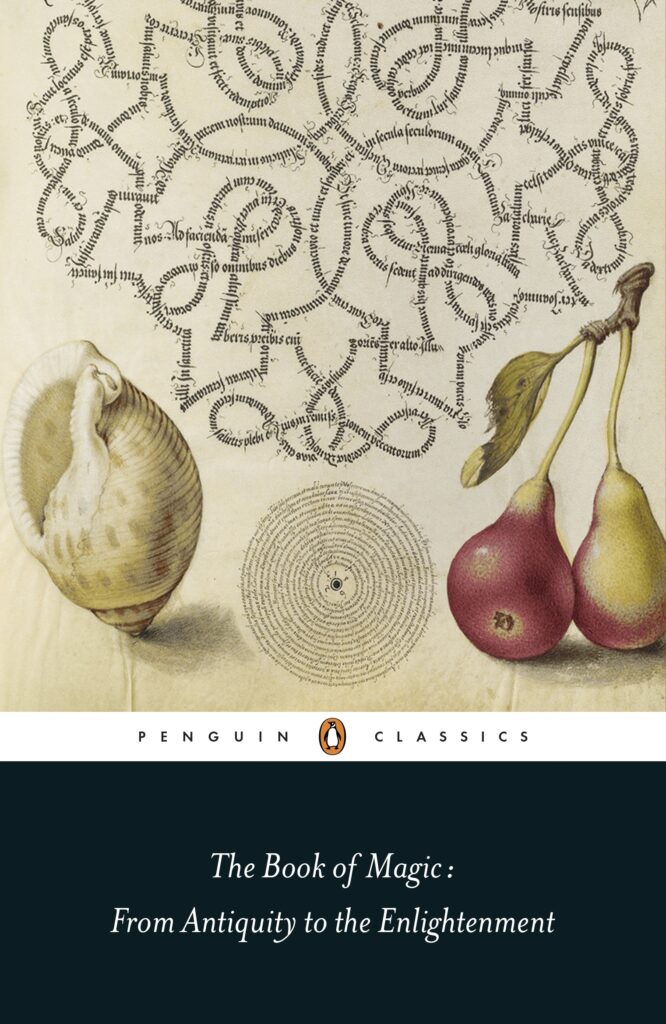
The Book of Magic is a masterpiece of scholarship. The editor, Brian Copenhaver, selects texts, from antiquity to the Enlightenment, demonstrating how the idea of magic changed through the centuries. Each section begins with a short introduction on the author but the scholarship is best demonstrated in the copious footnotes, that provide a running, explicatory and illuminating commentry to each original text. A demonstration of how scholarship can shine light on the past.
Book review: Four Princes by John Julius Norwich
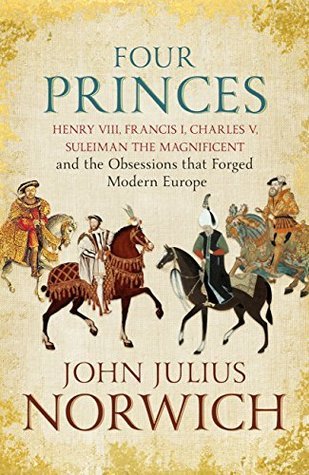
An enjoyable, fast-paced four pronged biographical telling of the first half of the 16th century. The titular princes included two emperors, Charles V, the Holy Roman Emperor, and Suleiman, the Ottoman Sultan, as well as two kings, Francis I, King of France, and Henry VIII of England. The four men were all born within ten years of each other and their rivalries defined the new world that was breaking through the old certainties during the half century in which they held sway.
It makes for a good way to pull disparate historical threads together and their personalities are each big enough to fill books on their own (even poor Charles with his Hapsburg chin was more interesting than his detractors claim). However, in the areas in which I am knowledgeable, I did spot a couple of errors (Ibrahim did not become Suleiman’s caliph until after the siege of Rhodes in 1522 and the Italian military engineer who masterminded the Knights Hospitaller’s defences during the siege was Gabriele Tadino not Tadini), so it suggests that other details might be inaccurate too. Nevertheless, the book is a good introduction to possibly the most crucial fifty years in the last millennium.
Book review: The Wraithbone Phoenix by Alec Worley

Reading novels set in the 40k universe, you usually know what you are going to get: bolters, lasguns, big guys in armour shooting and getting shot by aliens, all limned in characteristic grimdark. It’s a winning formula. But sometimes it’s good to read something a little outside the usual tramlines, and Alec Worley’s The Wraithbone Phoenix delivers a story outside those tramlines that might just be the most purely enjoyable Warhammer 40k novel I have ever read.
That’s not to say it’s lacking in bolters, action, intrigue and a suitably grimdark setting (the hive city, Varangantua – thought: was the city inspired by Rabelais’ Gargantua and Pantagruel? 40k is full of veiled, and not so veiled, references to this world settings). Indeed, in its outline, The Wraithbone Phoenix is a classic 40k quest story, with different kill teams converging on the same prize and, well, killing each other. But what sets it so marvellously apart are its protagonists, the ratling (essentially, the 40k version of Hobbits) Baggit, and the ogryn (yep, a 40k ogre) Clodde. The odd couple is a trope of storytelling precisely because it works so well and Worley employs it like a master, setting and contrasting the personalities and physiques of Baggit and Clodde in juxtaposition to the horrible world that they are attempting to navigate their way through. I loved both characters but must proclaim a particular weakness for Clodde. Ogryns are usually big and stupid, like their folkloric predecessors, but Clodde, having been hit on the head, has become an ogryn philosopher – although no one, including himself, has noticed! It’s a marvellous touch, and helps set Clodde and Baggit in contrast to the violence and nihilism all around them in Varagantua and the wider 40k universe.
So, despite the body count, the double crosses, the general grimness of the dystopian setting, The Wraithbone Phoenix achieves the almost miraculous feat of being a genuinely joyous 40k novel. For fans of the universe, take this as a warning or an invitation, depending on your inclinations, and dive in or withdraw and find something more nihilistic instead.
Book review: Estuary by Rachel Lichtenstein

This is an enlightening, enriching and superbly written account of the shifting waters and treacherous sands that join the River Thames to the North Sea. Lichtenstein works broadly downstream, starting from London and moving eastwards, telling the extraordinarily varied stories of the lives that intersected and intersect with the river. The river was what made London, bringing the world to the city, but what is fascinating is how much life went on in and around the river, from dredgers and fishermen, to a self-declared autonomous republic on an old sea fort in the estuary.
The sea fort, calling itself the Principality of Sealand, has been fought over, invaded and defended in its time. The river itself flows with tales, from drowned boats laden with unexploded munitions to the hard lives of the fishermen, and Lichtenstein does a superb job of telling them.
She also has a great deal of time for the various artists who seek to incorporate the river into their work – sometimes with near fatal results. Taking a photographer with her to record the sailing of an old yacht, the photographer faffs around for so long trying to set up his camera that the boat crashes. In the crash, Lichtenstein is quite badly injured. Her commitment to river side artists shows a notable lessening thereafter!
For anyone interested in the river and how the people living alongside it have used, abused, loved and hated it, this is a wonderful book.
Book review: Complete Short Stories by Evelyn Waugh
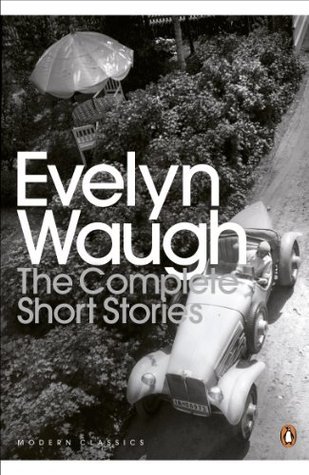
“Bunty, you see in the paper, that chap Waugh has a new book out?”
“What’s it called, darling?”
“The Complete Short Stories.”
“What a dull title. Must be a dreary writer.”
“Nonsense, Bunty. He’s the chap you met in a bar in Abyssinia.”
“You mean the fellow who stole all my stories?”
“That’s the one. You’re in this new one too.”
“I hope he gets me right this time, darling. He made me out to be a frightful cad in the last one.”
“But you are a frightful cad, Bunty.”
“Would you want me any other way, darling?”
“Of course not, Bunty. Just that…”
“Just what?”
“It would be nice if you could remember my name.”
“Of course I remember your name, darling.”
“What is it, Bunty?”
“Why, it’s darling. Would you have me call you anything else?”
“No, of course not, Bunty.”
“That’s better, darling. Now, pass me the paper. I must check the racing results.”
Book review: Christmas by Nick Page
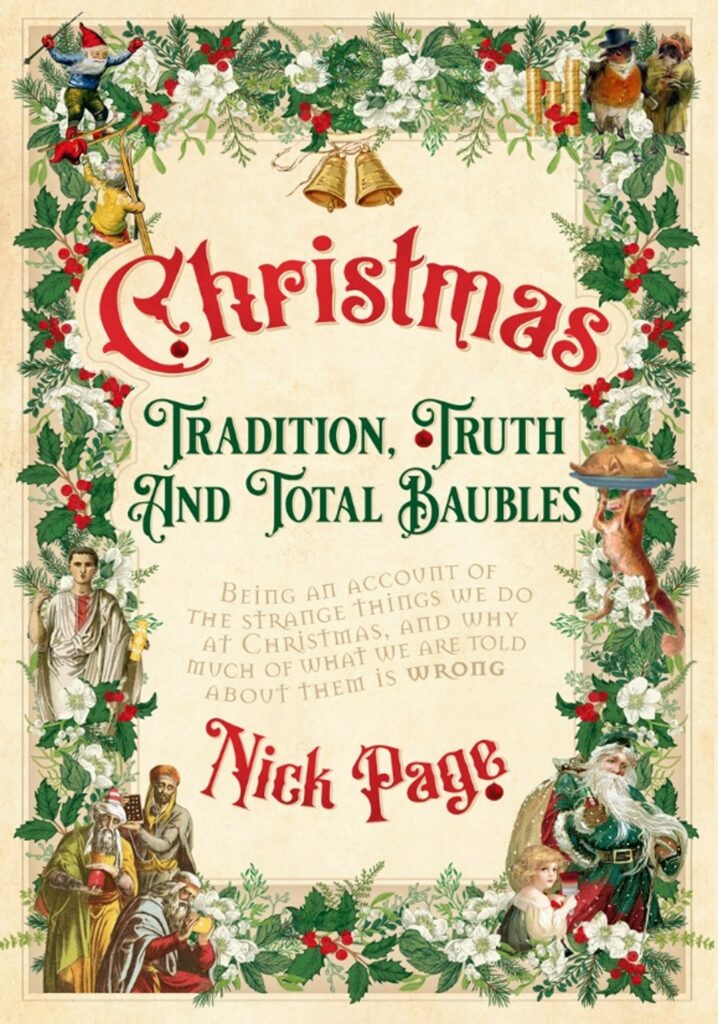
You know all those stories and memes about Christmas actually being a pagan feast that the early Church appropriated? Christmas trees, yule and yule logs, even the actual day of the celebration? Turns out that the myth of the Christian origin of Christmas is as much a myth as its detractors claim the feast is itself.
Nick Page does an excellent job of chasing the historical roots of Christmas down to their often obscure origins. In particular, he digs down into the origin of the feast in the Christian calendar and the roughly contemporary start of the pagan feast that the Church was supposed to have muscled in upon.
Coming closer in time, it’s fascinating to learn how many apparently ancient Christmas customs are actually relatively recent, with most of them starting in the 18th and, particularly, 19th centuries. The book’s subtitle – Tradition, Truth and Total Baubles – shows Page’s love of jokes and puns. For this reader, there were slightly too many but that’s down to taste. All in all, the book is an excellent and readable account of how we have come to have the Christmas that we celebrate today.
Book review: The Greatest Viking by Desmond Seward
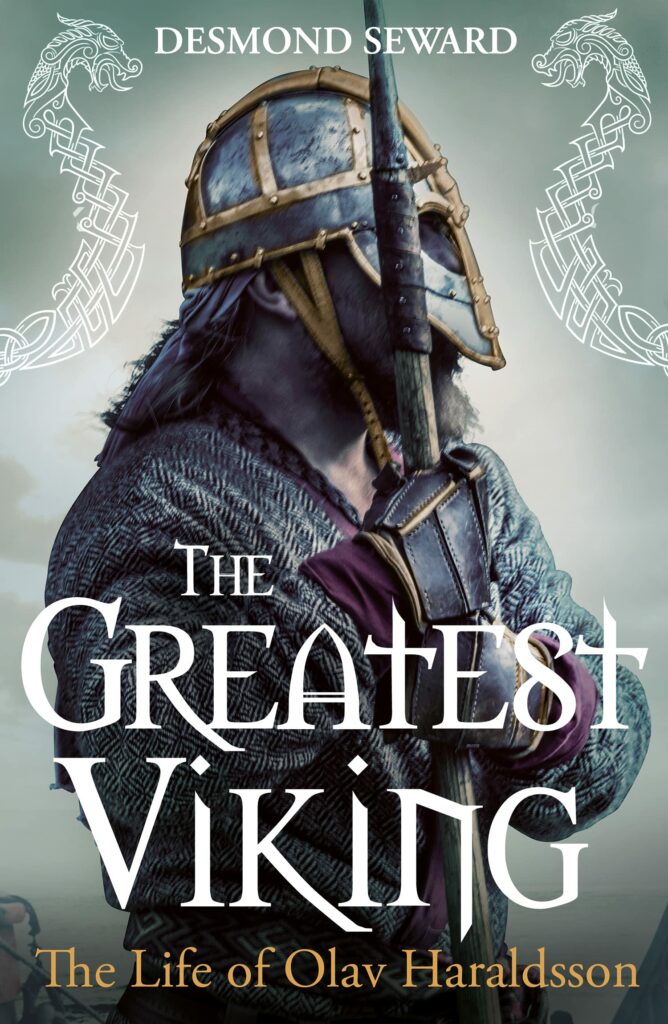
Desmond Seward, who died on 3 April 2022, was one of Britain’s most accomplished popular historians, his many books displaying a mixture of vigorous storytelling and close attention to primary and secondary sources. Seward’s final book, published posthumously, shows that he suffered no decline in his gifts in his final years. The Greatest Viking takes the life of King Olav Haraldsson and brings the man and his times to life. In this, Seward was helped by Olav’s life being, like that of so many of the great Vikings, a tale of outrageous adventure, of reversals and victories, daring escapes and unlikely returns. Indeed, it’s the sort of life that if Seward had been writing a novel, he would have had to tone it down to make it more believable.
Olav, in life and even more in his death, became a symbol of Norwegian national identity, so much so that we was given – and still holds – the title of Rex Perpetuus Norvegiae, the eternal king of Norway. Olav, a descendant of Harald Fairhair, the first man to unite Norway, saw it as his destiny to bring the country under his rule. Following his conversion to Christianity, he widened his mission to include banishing the old Norse gods. Seward is particularly insightful in explaining the savagery with which Olav went about suppressing the old pagan religion, neither excusing Olav’s fierceness nor downplaying the depravity attached to worshipping the old gods. Although we have lost an excellent historian, The Greatest Viking is an excellent valediction of a lifetime’s work bringing the past to life for new generations.
Book review: Cult of the Spiral Dawn by Peter Fehervari
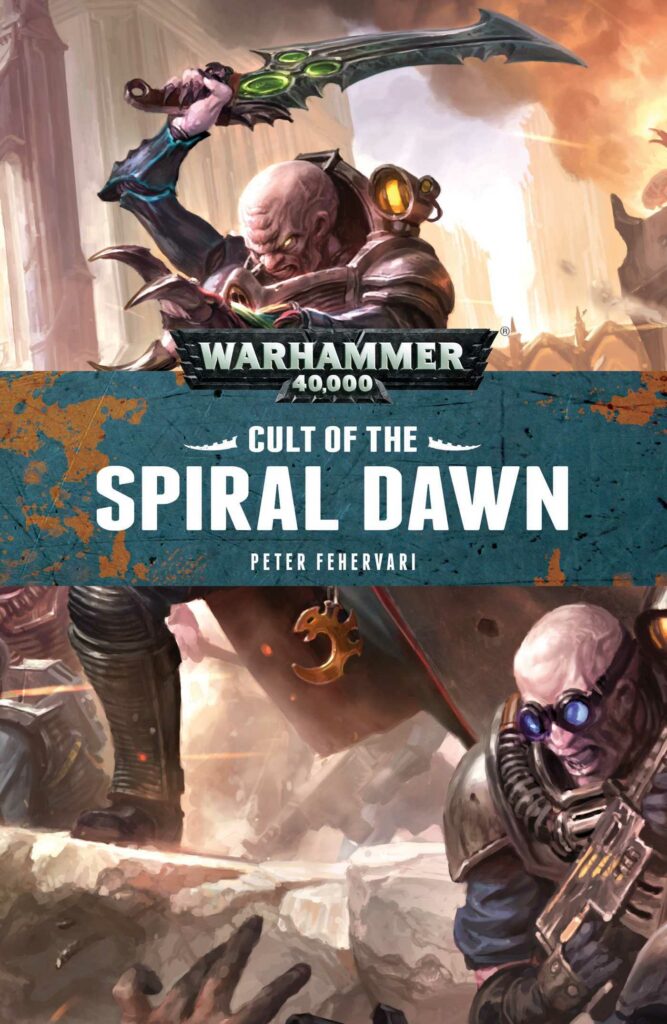
Peter Fehervari is the unlikely Evelyn Waugh of 40k authors. Writing about Tyrannid genestealer cults is not an obvious opportunity to showcase a prose style that combines the economy of Evelyn Waugh’s Decline and Fall with the jewel crusted baroquetries of his Brideshead Revisited, but Fehervari, rather extraordinarily, manages to do so. One of the very, very few 40k books to read for its literary qualities.
Book review: Relentless by Dean Koontz
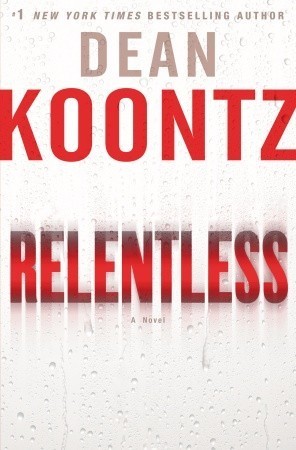
I am, in principle, in favour of stories where the hero is an unassuming but nevertheless quietly heroic writer – I can’t imagine why. I also thoroughly approve of stories where the villain is a horribly unfair literary critic, of vituperative opinions and little discernment. Having been on the receiving end of a few reviews of the writer-is-an-idiot-and-his-work-is-worse variety I can aver that there are few retributions not fully deserved by such reviewers.
Despite all these points in its favour, I must nevertheless admit that ‘Relentless’ is boiler plate Koontz: standard late period fare without the original ideas of ‘Innocence’ or ‘The City’. One for Koontz completists only.
